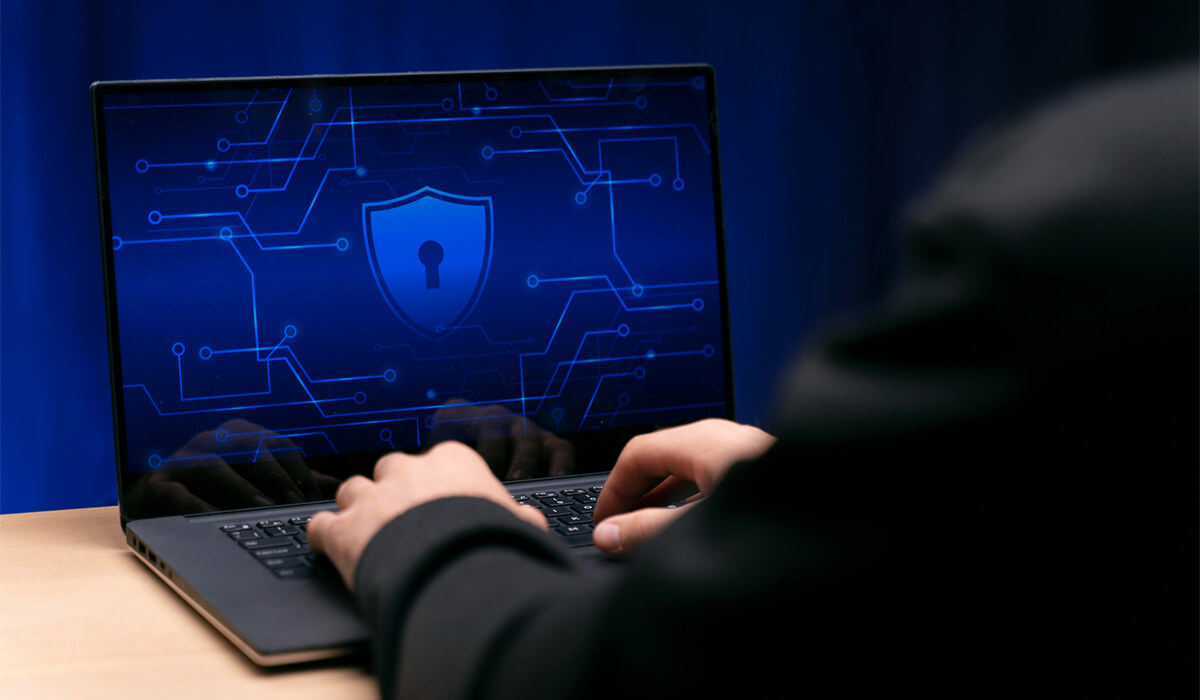

The rapid integration of technology into healthcare has brought remarkable advancements—improving patient care, streamlining workflows, and enhancing data accessibility. However, this digital shift also introduces critical risks. Cybersecurity is no longer a support function; it is central to protecting patient data, sustaining trust, and ensuring healthcare continuity.
Healthcare institutions store vast amounts of sensitive data—making them prime targets for cybercriminals. A single breach can expose protected health information (PHI), disrupt care delivery, and damage institutional credibility. In 2023 alone, over 39 million individuals were affected by 295+ healthcare data breaches, according to the HHS OCR.
Locks critical data, halting operations until ransom is paid.
Deceptive emails steal login credentials, enabling deeper system infiltration.
Unauthorized access to sensitive patient information.
Stealthy attacks enabling long-term unauthorized access.
Many healthcare systems operate outdated software, lack staff training, or depend on third-party vendors with weak security practices. Insufficient access controls and inadequate patch management increase exposure.
Examples:
Regular vulnerability scans and timely software updates.
Educating employees to recognize and respond to threats like phishing.
Limiting access based on roles and encrypting sensitive information both at rest and in transit.
Establishing clear protocols to act swiftly in the event of a breach.
Evaluating and securing third-party access to critical systems and data.
Cybersecurity in healthcare is essential—not just for protecting data but for preserving operational integrity and patient confidence. At G1 Global, we offer proactive, industry-specific cybersecurity solutions to protect healthcare institutions against evolving digital threats.
Secure your systems, strengthen your trust—partner with G1 Global.